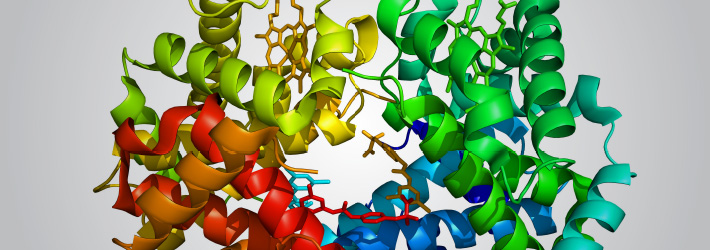Cimerli™ (ranibizumab-eqrn) was FDA approved on August 2, 2022 as interchangeable with Lucentis® (ranibizumab). Cimerli is the third interchangeable biosimilar approved in the US, following Semglee® (insulin glargine-yfgn), interchangeable with Lantus® (insulin glargine), in July 2021, and Cyltezo® (adalimumab-adbm), interchangeable with Humira® (adalimumab), in October 2021. As an interchangeable, Cimerli can be automatically substituted at the pharmacy, subject to state law, similar to small molecule generic drugs. Because Cimerli was the first interchangeable to be approved for Lucentis, it will receive 12 months of exclusivity where no other Lucentis interchangeable can be approved. At its expected launch in October 2022, it will however still face competition from the Lucentis biosimilar Byooviz™ (ranibizumab-nuna), approved in September 2021 and launched in June 2022.
Cimerli was approved for all five of Lucentis’s indications, including Neovascular (wet) Age-Related Macular Degeneration (AMD), Macular Edema following Retinal Vein Occlusion (RVO), Diabetic Macular Edema (DME), Diabetic Retinopathy (DR), and Myopic Choroidal Neovascularization (mCNV), based on the Phase III COLUMBUS-AMD head-to-head study against Lucentis. Unlike all of the other interchangeables approved to date, Cimerli was approved without a switching study.
For a biosimilar to be approved as interchangeable, the FDA requires additional information to show that the biosimilar “can be expected to produce the same clinical result as the reference product in any given patient” 42 U.S.C. § 262(k)(4)(A)(ii) and “for a biological product that is administered more than once to an individual, the risk in terms of safety or diminished efficacy of alternating or switching between use of the biological product and the reference product is not greater than the risk of using the reference product without such alternation or switch.” 42 U.S.C. § 262(k)(4)(B). Generally, the FDA expects that a switching study will be required to assess the safety and risks of switching. Although, in its draft guidance “Clinical Immunogenicity Considerations for Biosimilar and Interchangeable Insulin Products,” the FDA did suggest a switching study may not be necessary in some circumstances, particularly with respect to insulins.[1]
Cimerli is the first example of an interchangeable approval without the need for a switching study. In this situation, the FDA did not believe a switching study would be informative as to the safety risks or diminished efficacy associated with switching between Cimerli and Lucentis, noting that the application for Cimerli included “a comprehensive and robust analytical assessment that compared the structural and functional characteristics of Cimerli (ranibizumab-eqrn) to Lucentis (ranibizumab injection) and other clinical safety, immunogenicity, and effectiveness data, to support the FDA’s determination that a switching study was not needed to support licensure of Cimerli as interchangeable to Lucentis.”[2]
Whether this means switching studies will be less likely in the future is unclear as the FDA determines interchangeability on a case-by-case basis. It was suggested that a possible reason switching studies were not required for Cimerli is because the eye is an immune privileged environment,[3] meaning that foreign antigens typically do not trigger immune responses here. It is possible that drugs targeting other immune privileged sites such as the central nervous system and brain may similarly not require switching studies under this rationale, but this remains to be seen.
The impact of fewer studies required to demonstrate interchangeability is substantial, as switching studies are expensive and time consuming. Patients could benefit from decreased prescription costs more quickly if interchangeables are brought to market faster based on less need for extensive testing. While all the benefits of an interchangeability designation remain uncertain, as prescription and payment dynamics biologics are complicated, it is likely biosimilar developers will use Cimerli’s approval process as roadmap for interchangeable development programs in the future.
[1] Clinical Immunogenicity Considerations for Biosimilar and Interchangeable Insulin Products, November 2019 Draft Guidance for Industry, available at https://www.fda.gov/media/133014/download.
[2] Z. Brennan, “Interchangeability without switching studies: FDA explains why a new Lucentis biosimilar may be a game-changer,” Endpoints News, available at https://endpts.com/interchangeability-without-switching-studies-fda-explains-why-a-new-lucentis-biosimilar-may-be-a-game-changer/.
[3] Id.


